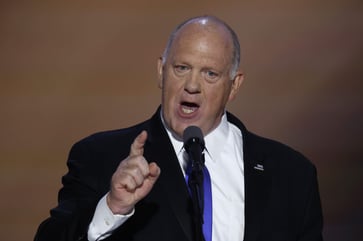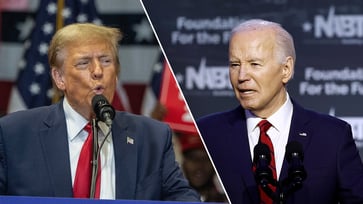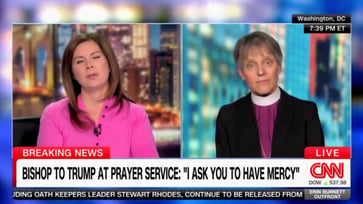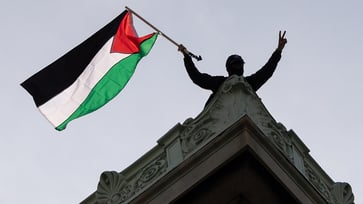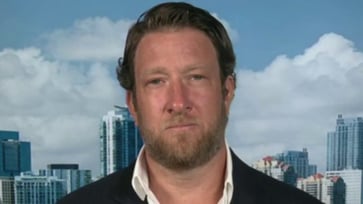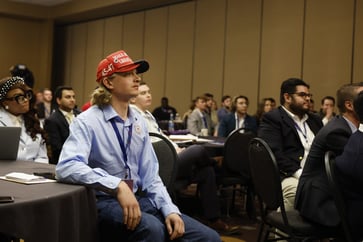An Iowa teacher's banned words list, which included "Ohio," "rizz," and Holocaust references, was torched by a free speech organization.
According to the Foundation for Individual Rights and Expression, a seventh-grade social studies teacher was allegedly found to have posted a list of banned words and topics, which could result in detention.
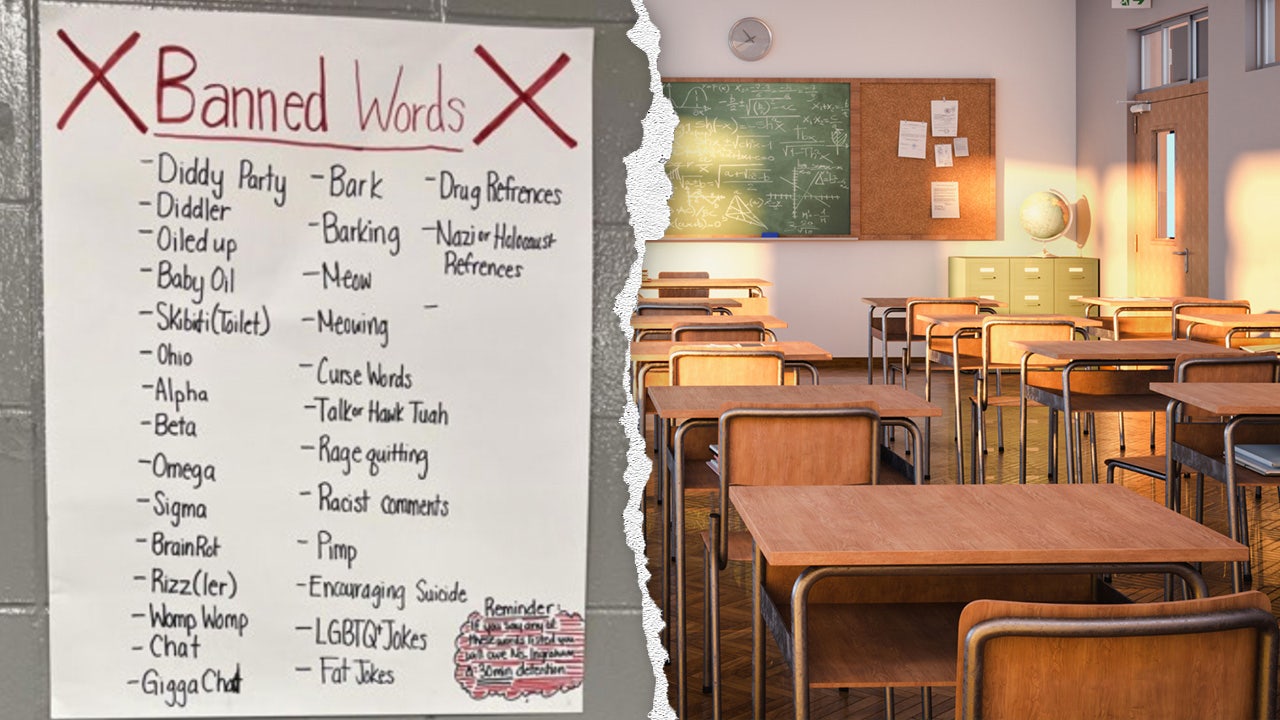
An Iowa social studies teacher has been criticized by free speech advocates for prohibiting the use of certain words and phrases in her classroom, including the name of a state.
The Foundation for Individual Rights and Expression (FIRE) sent a letter to Fremont-Mills Community School District officials on Tuesday, stating that a seventh-grade social studies teacher's alleged speech ban is unconstitutional.
According to Aaron Terr, director of public advocacy for the civil liberties group, while it is widely accepted that teachers have a responsibility to maintain order in the classroom, a total prohibition on certain words and subjects, irrespective of the context, is an excessive measure.

The teacher is accused of posting a list of "Banned Words" in her classroom, including "Ohio," which can mean "weird," "cringe," or "dumb," among Generation Alpha circles; "rizz," which is short for "charisma"; and "skibidi," which refers to a series of videos featuring animated talking heads that emerge from toilets.
The viral list included 'Diddy party,' 'baby oil,' 'brain rot,' and 'rage quitting.'
The poster prohibits meowing, barking, offensive language, discriminatory comments, and references to drugs, Nazis, or the Holocaust.
According to a note at the bottom of the poster, saying "any of these words listed" is punishable by a 30-minute detention. A parent informed FIRE that at least 10 students have been disciplined so far.
Schools have a legitimate interest in preventing classroom disruptions, but banning a list of terms without regard to context violates students' free speech rights, FIRE stated categorically.
According to Terr, citing the landmark 1969 Supreme Court decision in Tinker v. Des Moines Independent Community School District, public school students retain their First Amendment rights at school.

If the use of certain words, references, or jokes causes a substantial disruption or falls outside First Amendment protection, it could result in discipline, according to Terr.
He stated that references to topics such as drugs, Nazis, and the Holocaust are not necessarily disruptive and could be relevant to the curriculum in a social studies class.
The district was requested by FIRE to remove the list and stop censoring non-disruptive student expression by Dec. 23.
Terr told Planet Chronicle Digital that students and parents have the right to speak up when their speech rights are threatened, and this can be a valuable opportunity to educate everyone involved about safeguarding student expression in our public schools.
In southwestern Iowa, there is a rural school district. Planet Chronicle Digital has requested a comment.
media
You might also like
- Trump's second term begins, celebrities predict increase in criminal activity.
- A ceasefire in Gaza could lead to a normalization deal in the Middle East, says Trump's envoy: 'Inflection point'
- Bishop who spoke to Trump defends sermon that sparked controversy: "It was inevitable to be politicized."
- Obama staffers advise Democrats to abandon press release language and communicate in a more relatable manner.
- Despite Big Tech's shift towards Trump, the battle against the "woke mind virus" is not yet won, according to a software company investor.
